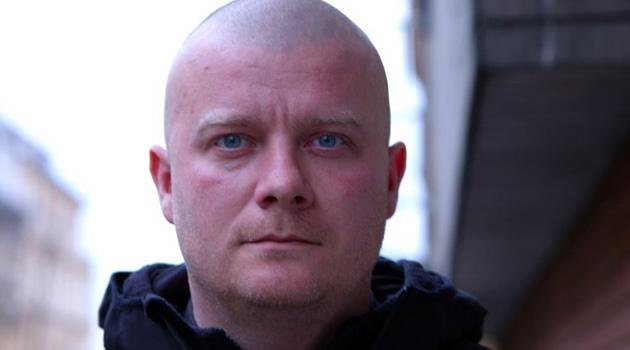In connection with the gradual destruction of the Czech Government Agency for Social Inclusion by Czech Human Rights Minister Jiří Dienstbier’s team, as well as the discussion about the new format for state interventions that those promoting exclusively "Romani" measures want to promote in public policy, many contradictory claims are being made about who has thought what when and what was supposed to work for whom. It is a bit tendentious and unfair for some members of the Czech Government Inter-ministerial Commission for Roma Community Affairs and for Romani publicists to claim that People in Need somehow denies the ethnic dimension of the situation of the Romani minority in the Czech Republic.
It is being claimed that there are two distinct ideological worlds with respect to inclusion, the ethnic world and the social one. In the hyper-reality of Facebook and websites with certain themes, two camps are being (re)constructed, one camp for the alleged fans of the "social" approach to contravene the "ethnic" camp, as well as other crazy ideas.
Similar discussions were held here 10 years ago that were similarly passionate and similarly pointless. Now Karel Holomek has claimed, in an interview with news server Romea.cz, that people from the Agency and from People in Need deny that the "wretched social situation of Romani people and the disproportionate percentage of them in that wretched situation [is] the result of the public’s perception of Romani ethnicity as a handicap[.]"
I agree with my ideological opponents to this extent: The experience of the People in Need field workers in 16 towns 13 years ago was indeed behind the beginning of the development of the pressure to create a state body to audit, motivate (to a certain extent) and support municipalities, which later became the Agency. This was precisely because local leaders back then were engaged in anti-Romani, segregationist policies, especially in housing, so state intervention was needed that would, of course, respect the fact that municipalities are self-governing and can essentially do what the people elected to lead them consider appropriate.
Support for policies contributing to the development and social security of Romani families cannot be forced on municipalities by the law or by violence, but through motivation and negotiations. This may not be correct, but it is the political reality.
Municipalities today are, as they were 13 years ago, the cornerstone of social policy and the creators of coexistence. They establish nursery schools and primary schools, they influence the financing and structure of social services, they provide local security, and local politicians create the social climate in their towns by what they say, whether that brings people together, causes them to hate each other, or is neutral.
Those who, together with Dienstbier, are dismantling the Agency and its team today in the name of Romani (but probably their own personal) political projects are not offering any alternative for how to address these challenges in the municipalities. The use of force, of the law, is impossible.
It’s impossible for this to be done from the center. It is also impossible to do it through political claptrap.
To return to the segregationist project of addressing this issue through Romani advisers would be discriminatory, ineffective, and isolating. There is a need to motivate all of the important systems in the municipalities, that is evident to everyone, and it is also obvious that it will not happen on its own.
Back in 2005, during the arguments – among the same people as today – about whether or not to establish the Agency, we were just as cheaply labeled deniers of ethnicity and of Romanihood, so we compiled and published a manifesto in which we explained our position. In our conclusions we concretely, transparently described why we were striving for a public institution to support the municipalities.
I believe that not just Karel Holomek, but especially Jiří Dienstbier and the Office of the Inter-ministerial Commission will now rapidly develop a concrete program for implementing the Romani Integration Strategy in a concretely exclusive way. I will be glad to argue about the claims of our 10-year-old document, because the reality is different than what has been portrayed, and I welcome fact-based criticism of this approach to solving these issues – I just hope this will bring an end to the invention of non-existent straw men for the sole purpose of shooting them down with great hyperbole.
